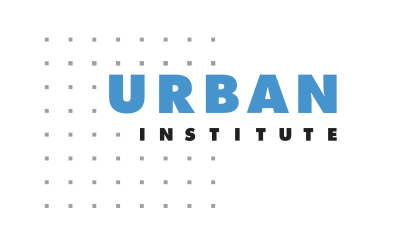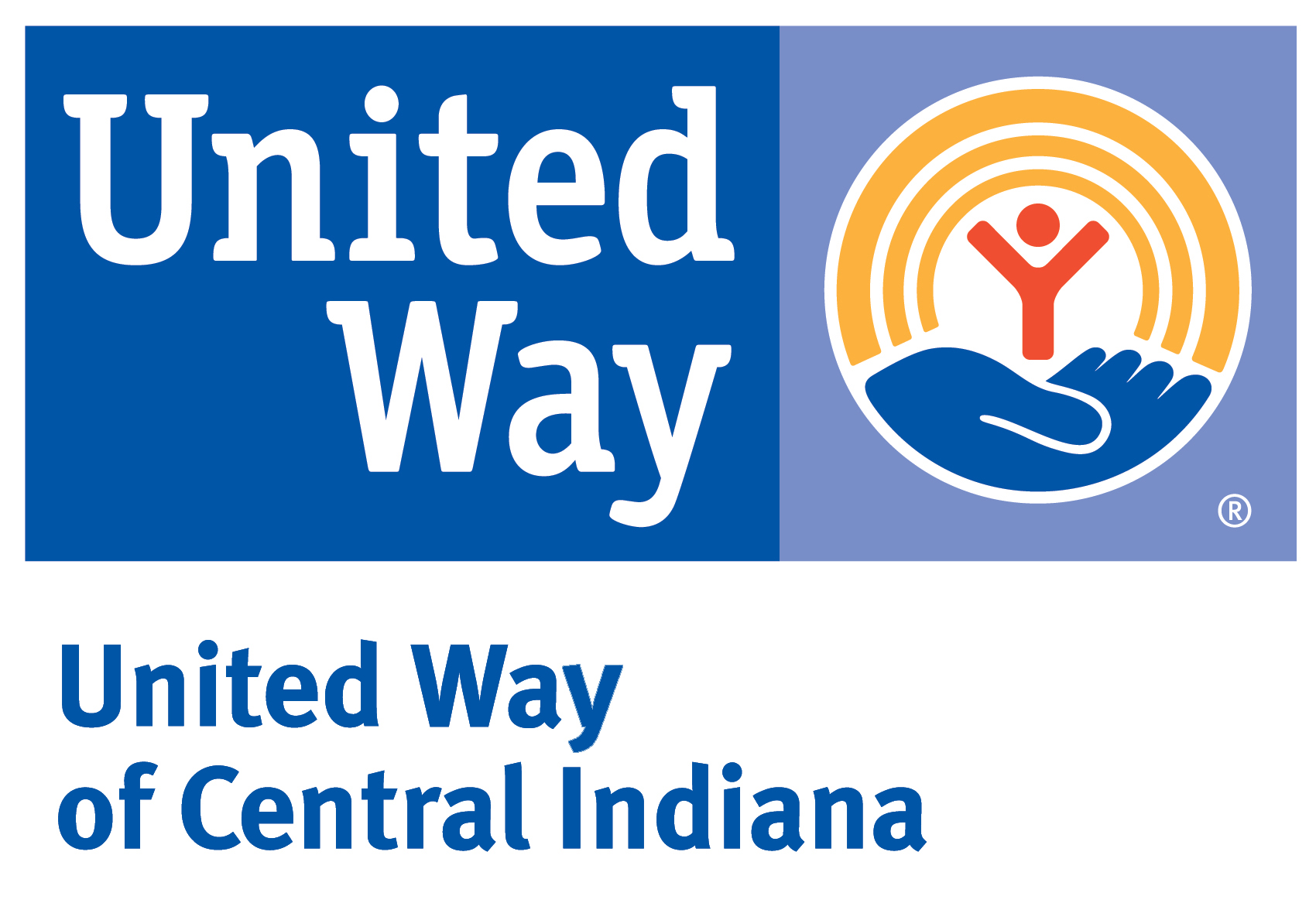Indianapolis Racial Equity Report Card
SAVI Talks - October 27, 2022On October 27, the SAVI Talks event will focus on the project, Indianapolis Racial Equity Report Card.
This event will be a bit different from others in that we want a community conversation about the outcomes that are important to measure as Indy holds itself accountable to creating a racially just and more equitable community.
Racial disparities define daily life in Indianapolis, with racial segregation creating huge differences in life expectancy between neighboring communities.
EVENT SOLD OUT!
Our November 17 Data & Drafts program from 6-7:30 p.m. will be another opportunity to gather more information about important outcomes to measure for this project. Register for Data & Drafts https://www.wfyi.org/events/data-and-drafts-racial-equity-report-card.
The project process moving forward includes additional community forums to gather information, broad community feedback on initial drafts, and a final report published in May 2023. The report will be updated annually thereafter.
Community Trends Report
Published October 26, 2022
Articles and Story Maps
Explore other research and interactive content we have developed around equity.
A Deep Dive into Affordable Rental Housing
New data shows the number of subsidized rental homes in Marion County is stagnant, while the need for units affordable to extremely low-income households is large.
Equity and Criminal Justice: The Cradle to Prison Pipeline in Indianapolis
This report examines a concept called the “cradle to prison pipeline.” It is a review of some of the basic statistics at each stage of this pipeline: childhood, school, juvenile justice, early adulthood, and imprisonment. For each stage, we present basic trends and...
The Lasting Impacts of Segregation and Redlining
80 years after the federal government encouraged lenders to consider “neighborhood characteristics” like race in their lending decisions, redlining and segregation have a measurable impact on economic opportunity, health outcomes, the environment, and violence.
Equity in Economic Opportunity: How Race, Place, and Class Impact Economic Mobility in Indianapolis
Children born to low-income families in Indianapolis in the 1980s grew up to earn less than their peers in almost any other large city. The ability of children to move above the economic status of their parents is influenced by the parents’ income, demographics, and...
Health and Economic Impact of COVID-19 on Neighborhoods
In this report, we identify the areas in Indianapolis most affected by COVID-19, particularly those already disproportionately affected by poverty; define some of the challenges families in these areas are facing; and explore ways inequity plays a role in the risk,...
Indy Evictions May Reach 34,000 or More in 2020
An increase in unemployment claims could drive the eviction rate from 7 percent in 2016 to 20 percent in 2020, and informal evictions may be twice that.
Police Used Force on 1.3 Percent of Black Residents Since 2015
Police used force over 1,600 times in 2019. Officers use force on black residents at a rate 2.6 times higher than white residents.
Socioeconomic factors explain why some New York ZIP codes were hit hardest by COVID-19
By comparing New York’s COVID-19 test results with demographic and socioeconomic factors by ZIP code, we found that low education levels, crowded housing, and a lack of health insurance are some of the strongest predictors of high COVID-19 positivity rates.
The Inequalities Behind COVID-19 Disparities for African Americans in Indianapolis
COVID-19 positivity rate is 1.8 times higher for blacks than for whites. We explore how systemic inequities put many black individuals at higher risk for getting the virus, having a serious case, and suffering from the economic impacts compared to white residents.
Three Ways to Visualize COVID-19 Race and Gender Disparities
In Indiana, black individuals are 2.4 times more likely to test positive than whites. We look at three different ways to visualize COVID-19 disparities like this.
Authors
Rebecca Nannery
Senior Research Analyst,
The Polis Center
Jay Colbert,
Data Manager,
The Polis Center
Erik Steiner
Consulting Research Analyst,
The Polis Center
Matt Nowlin,
Community Analysis Manager,
The Polis Center
Event Partners





